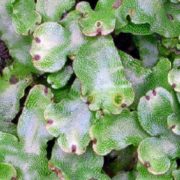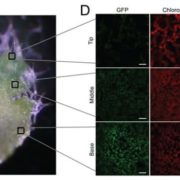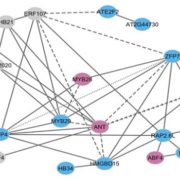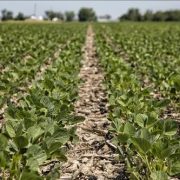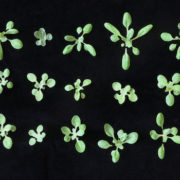Complete biosynthesis of cannabinoids and their unnatural analogues in yeast (Nature) ($)
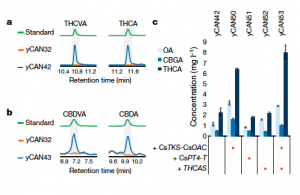 Cannabis sativa L. produces cannabinoid compounds that interest the medical community for the treatment of symptoms that may be difficult to suppress with common medical treatments. Research on cannabinoids is limited by their low abundance in plant tissue and structurally complex chemical synthesis. Luo et al. addresses these issues through the assembly of a cannabinoid synthesis pathway in Saccharomyces cerevisiae fed with galactose. In this heterologous system, they assembled enzyme pathways involved in the synthesis of key intermediate compounds such as hexanoyl-CoA, olivetolic acid, and cannabigerolic acid, which is a precursor to D9-tetrahydrocannabinolic acid and cannabidiolic acid. Additionally, the authors identify key cannabinoid analogs that can be synthesized by selective feeding of these lines of S. cerevisiae with various fatty acids. This research may help to boost cannabinoid research through increased synthesis of natural compounds for functional studies, as well as aid in the identification of new compounds through investigation of the fatty-acid derived analogs. Summary by Nathan Scinto-Madonich Nature. 10.1038/s41586-019-0978-9
Cannabis sativa L. produces cannabinoid compounds that interest the medical community for the treatment of symptoms that may be difficult to suppress with common medical treatments. Research on cannabinoids is limited by their low abundance in plant tissue and structurally complex chemical synthesis. Luo et al. addresses these issues through the assembly of a cannabinoid synthesis pathway in Saccharomyces cerevisiae fed with galactose. In this heterologous system, they assembled enzyme pathways involved in the synthesis of key intermediate compounds such as hexanoyl-CoA, olivetolic acid, and cannabigerolic acid, which is a precursor to D9-tetrahydrocannabinolic acid and cannabidiolic acid. Additionally, the authors identify key cannabinoid analogs that can be synthesized by selective feeding of these lines of S. cerevisiae with various fatty acids. This research may help to boost cannabinoid research through increased synthesis of natural compounds for functional studies, as well as aid in the identification of new compounds through investigation of the fatty-acid derived analogs. Summary by Nathan Scinto-Madonich Nature. 10.1038/s41586-019-0978-9


